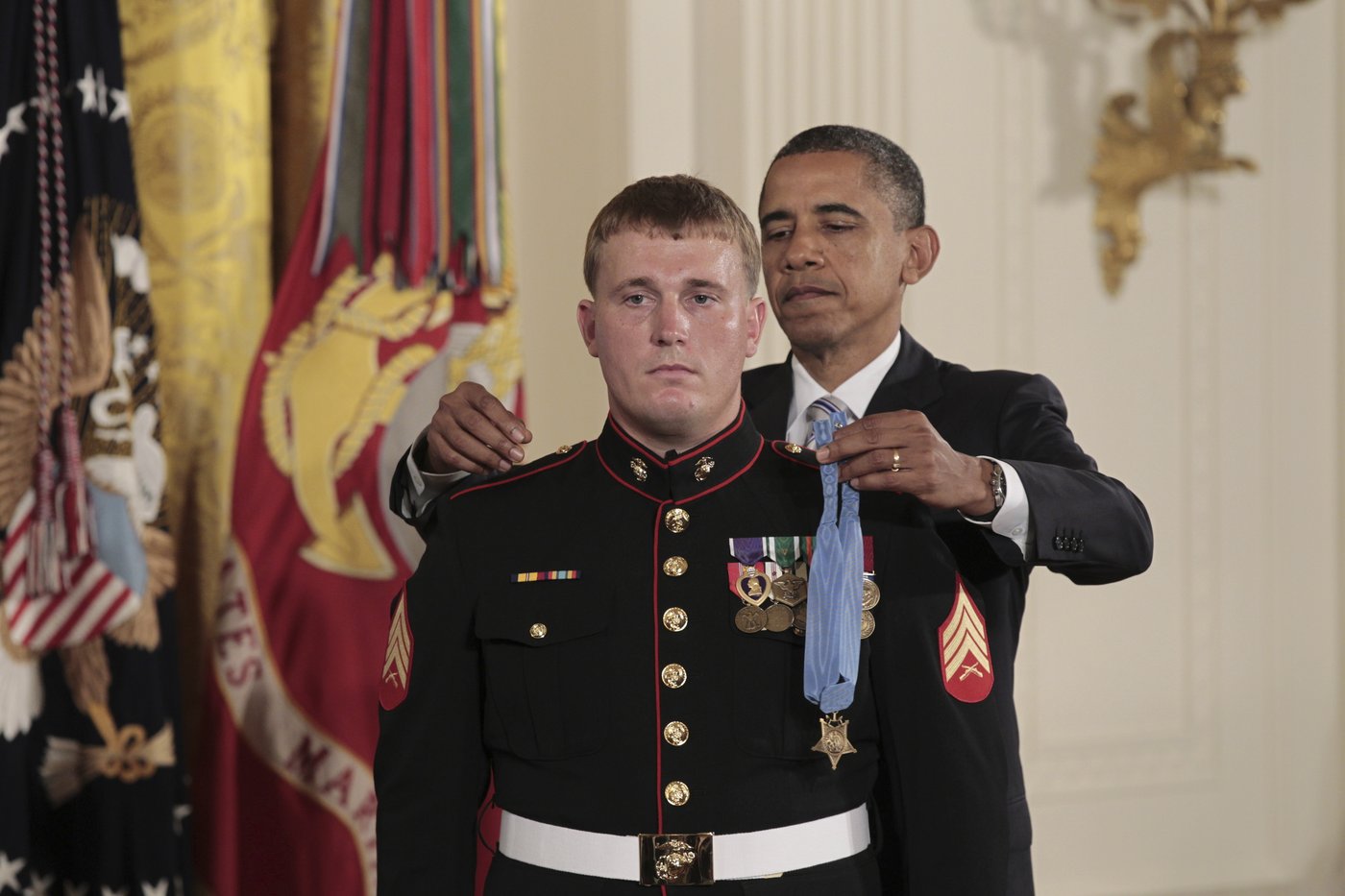TORONTO – Celebrity endorsements have injected fresh attention on the federal election campaign, but pundits are skeptical it will significantly shift opinions.
Word that veteran rocker Neil Young was joining Hollywood star Mike Myers in supporting Mark Carney for prime minister drew headlines for the Liberal leader in recent days.
Whether that translates into actual votes on April 28 is an open question, say poll watchers including politics professor Alex Marland.
“Voters aren’t that blind or gullible,” says Marland, suggesting endorsements are more effective in raising general awareness about a candidate or simply driving people to vote.
“The whole issue is continuity and being able to remember it. So a Mike Myers endorsement becomes a thing because we see it in advertising and it’s repeatedly used. It was mimicked on (CBC comedy show) ‘This Hour Has 22 Minutes,’ and becomes a bit more of a cultural phenomenon.”
Marland points to the recent U.S. presidential election for mixed signs on whether star power can change the game, noting Democratic candidate Kamala Harris pulled support from heavyweights including Taylor Swift and Beyoncé but still failed to win against Republican candidate Donald Trump, whose supporters included Sylvester Stallone and former MMA fighter Conor McGregor.
Marland, the Jarislowsky Chair In Trust and Political Leadership at Acadia University just outside Halifax, notes there haven’t been big names associated with Conservative Leader Pierre Poilievre nor NDP Leader Jagmeet Singh.
Brand expert Aron Darmody notes Poilievre drew favourable comments from right-wing U.S. personalities including Alex Jones and Elon Musk late last year, but says such support would likely be unwelcome now.
The associate professor at Ottawa’s Carleton University says those pre-election tributes seemed to have more to do with shared views on political correctness, small government and business incentives. Now that the U.S. administration is dogged by ugly controversies around deportations and trade wars, Darmody suggests any association would be seen as “toxic.”
As a whole, mainstream celebrity endorsements would be considered off-brand for Poilievre, adds Marland, since a big star “supports a narrative … of the establishment.”
“In many respects he’s presenting himself as a bit of an anti-establishment, populist, anti-global-elites (candidate),” says Marland.
Conservatives did not obtain big endorsements for Andrew Scheer in 2019, nor Erin O’Toole in 2021, but Harper famously leveraged support from hockey hero Wayne Gretzky in 2015, which Marland saw as an organic partnership that “aligned with Harper’s brand.”
“But in the end, I don’t remember anybody ever talking about it afterwards,” he adds.
On the other hand, Young’s support for Carney is “surprising” to Dalhousie University professor Kevin Quigley, director of the MacEachen Institute for Public Policy & Governance.
He says Carney’s history in banking and global markets seems to put him at odds with the values most associated with the “Rockin’ In the Free World” singer, who tends toward left-leaning and environmental sentiments that would ostensibly find bigger champions among NDP or Green candidates.
“But clearly there’s a sort of sense of Mark Carney perhaps being best able to defend Canada’s interest vis-a-vis a Donald Trump and U.S. administration,” says Quigley.
It certainly seemed that way in a letter to Carney that Young posted on his website April 14.
The Toronto-born, California-based rocker declared him “the person our country needs to lead us through this crazy situation and bring us out the other side as a stronger, smarter, more resilient Canada.”
Marland says one reason celebrities are more commonly enlisted south of the border is because they can turbocharge fundraising efforts. In contrast, Canadian donation laws are so strict “there’s no real function for celebrities in that respect.”
Even if a Liberal fundraiser could lure donors with, say, a high-profile concert, “the amount of money that people are allowed to donate per person is limited,” he says.
“You can’t bring in all these people that are going to lay down on the table up to $5 million each the way that you can in the United States.”
Like Marland, Darmody questioned the overall value of courting celebrities, especially for a fractured audience that relies on increasingly varied metrics to rank star power.
“If I was advising any party, it would be about (boosting) turnout,” says Darmody.
“I don’t necessarily think that these people are going to change people from voting Conservative to Liberal or NDP, but if they can … encourage those who might have already voted for you to vote for you then that’s a massive win.”
Plus, Darmody warns of danger in leaning too heavily on famous names, lest the strategy make a party appear blithe to serious issues.
He suggests that’s certainly a danger with this federal election campaign, where unprecedented cross-border trade tensions, sovereignty threats and economic uncertainties are driving much of the debate.
“If I was advising any of the parties I’d urge caution against really trying to make yourself the party of choice for the celebrity fan or the celebrity influencer,” he says.
“The stakes are too high when people are looking south and so much of American politics (involves) … somebody whose reputation was built in large part from being a reality TV star.”
This report by The Canadian Press was first published April 18, 2025.
Error! Sorry, there was an error processing your request.
There was a problem with the recaptcha. Please try again.
You may unsubscribe at any time. By signing up, you agree to our terms of use and privacy policy. This site is protected by reCAPTCHA and the Google privacy policy and terms of service apply.
Want more of the latest from us? Sign up for more at our newsletter page.



